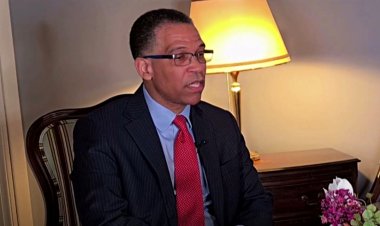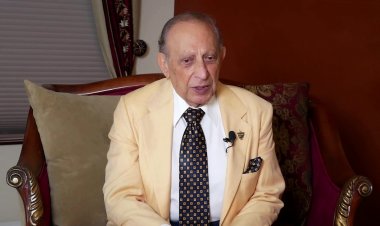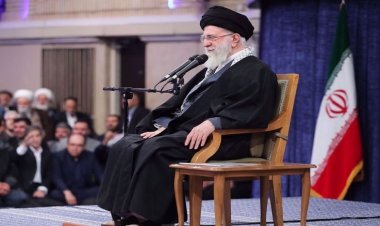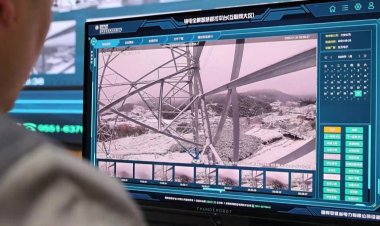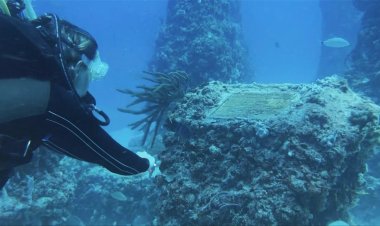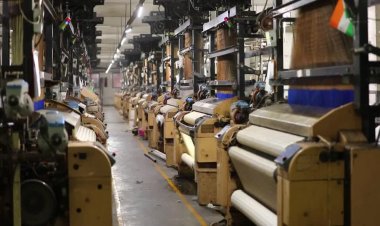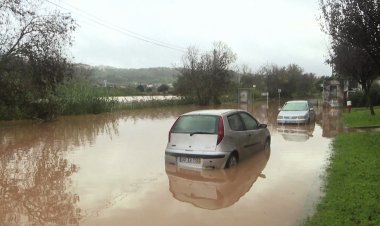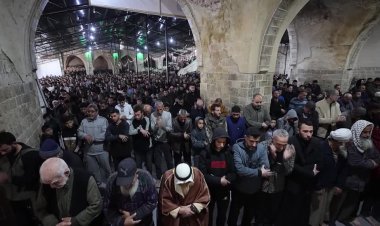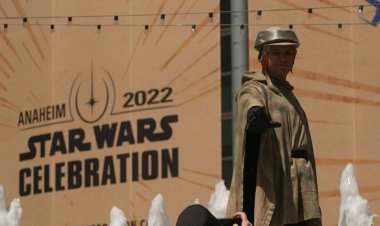Bosnian Serbs Protest Srebrenica Remembrance
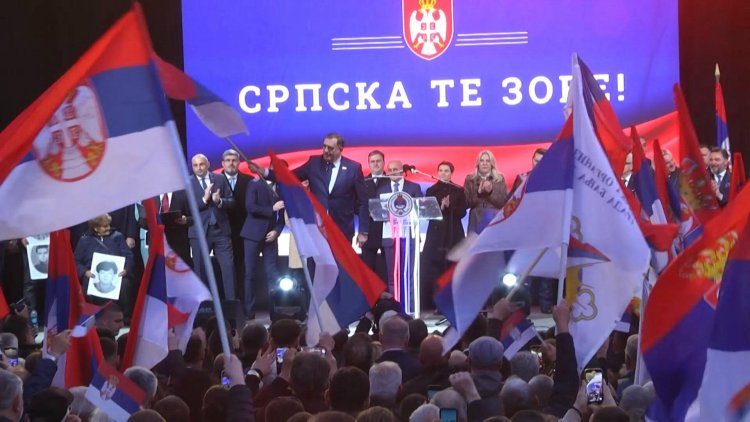
Several thousand Bosnian Serbs protested in Banja Luka against a potential UN resolution to declare July 11 an international day to remember the Srebrenica genocide.
Bosnian Serb forces captured Srebrenica -- a UN-protected enclave at the time -- on July 11, 1995, a few months before Bosnia's inter-ethnic war ended.
In the following days they summarily killed some 8,000 Bosnian Muslim men and boys from the eastern town.
The remains of most of the victims were later found in mass graves in eastern Bosnia, where the perpetrators moved them from original burial sites to cover up the crime.
Europe's worst single atrocity since World War II was deemed genocide by international justice.
Under a settlement to end the war, Bosnia was divided into two semi-autonomous zones, one run by Bosnians and Croats, and another by Serbs, with Banja Luka as its capital.
Alongside a massive Serbian flag unfurled in the city's streets, thousands responded to the call of Bosnian Serb secessionist leader Milorad Dodik.
"We do not want to live with you, who want to tell the Serbian people that they are genocidal," he told the crowd.
Dodik, who has repeatedly denied that the Srebrenica massacre was a genocide, labelled the resolution unacceptable.
"I regret every victim," but "it is a lie that 8,000 people were killed in seven days," he said.
"They want to impose historical responsibility on the Serbs," he added, hoping for "more than 40,000 people" at the protest.
According to a draft resolution prepared by Germany and Rwanda from next year, which will be the 30th anniversary of the massacre, July 11 would become the "International Day of Remembrance of the Srebrenica Genocide".




